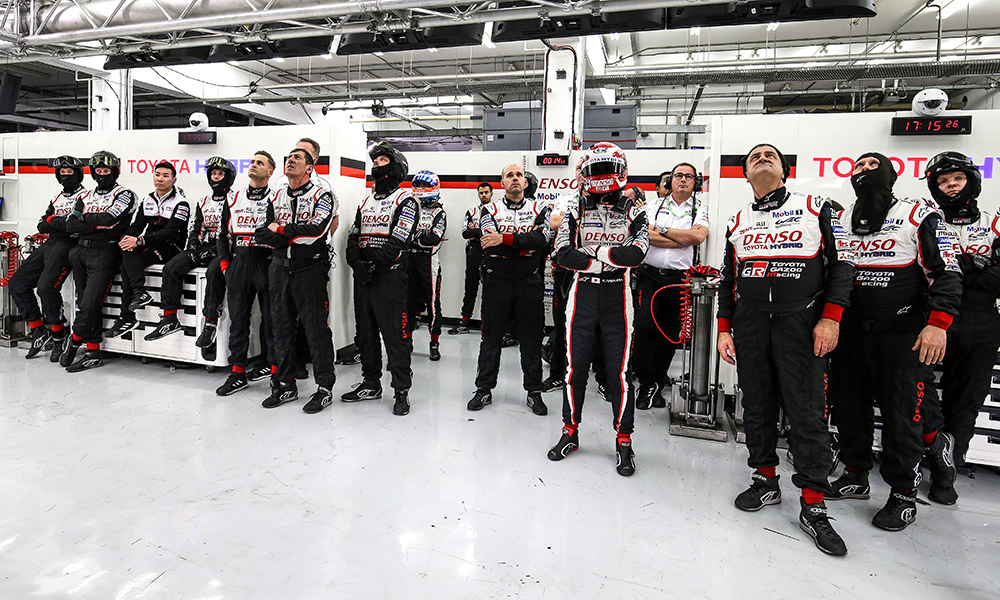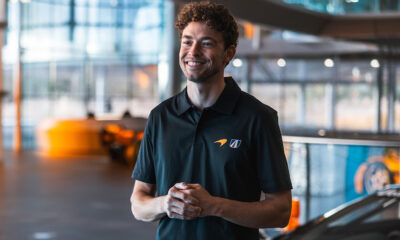
Photo: James Moy/Toyota
ORECA’s exit from Toyota Gazoo Racing at the end of the 2019-20 FIA World Endurance Championship season will have ‘no impact’ on its operational program largely due to the WEC’s new restrictions on personnel, according to team director Rob Leupen.
Toyota will part ways with the French organization, which has assisted with race operations, following next year’s 24 Hours of Le Mans after an eight-year partnership dating back to the launch of its WEC program.
While set to lose several key personnel, including ORECA technical director David Floury, who has served as a race engineer, it comes amid a class-wide reduction to 43 crew members for a hybrid-powered Le Mans Hypercar team starting in the the 2020-21 season.
Toyota technical director Pascal Vasselon told Sportscar365 they currently have between 60-62 staff at each WEC race, with ORECA’s support generally accounting for 6-7 crew members.
The number corresponds to the previous cap on personnel introduced in 2016 although lifted for the 2018-19 ‘Super Season’.
“From a technical point of view, it does not have any impact on the manpower side,” Leupen said. “It’s more or less an answer to the regulations.
“We have had a great co-operation. We’ve enjoyed it and learned a lot from them. I also think they learned a lot from us.
“If the developments were going in the right direction that they might be linked to other potential competitors in the future, it’s good.
“It was a good relationship and it’s good now that we can stop this in a very good situation. It was really a very nice relationship and I have found new friends, which in motorsport I think is special.”
Leupen said they expect to promote within and “replace where necessary” for some of the key positions, including Floury’s role.
“Of course, David is exceptionally good and in the paddock I don’t think you will find a second one of him,” he said.
“But on the other side, if I decide to leave tomorrow somebody should be able to take over my job.
“It’s the same for Pascal and his organization.
“There must be a runner-up who is able to take over. And there is a runner-up.
“We need to reduce the amount of people on our technical staff, so from that point of view, we will not have the equipment and people sitting in this room that we have today.
“The cars will become less complex.”
Vasselon, meanwhile, admitted that the new personnel cap, which is 40 staff for non-hybrid Hypercar entrants, will be “a bit tight” particularly in the first season with the new package.
“For a high technology car that requires some love and care, it’s tough,” he said.
While its technical partnership may be coming to an end, the two organizations are still in discussions to maintain a possible partnership in the paddock.
“They are supporting us strongly on the hospitality side at the European races,” Leupen said.
“We are in discussions to continue here. From that point of view, they might be in some way connected to us.
“But with the new regulations [which require] a reduction of costs and manpower, the size of the operation as it’s getting smaller, it’s not necessary anymore.”
Daniel Lloyd contributed to this report



























